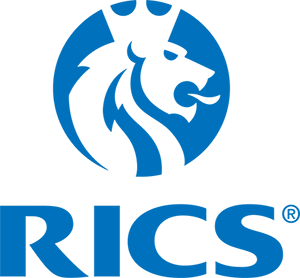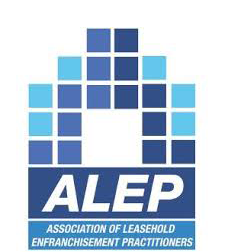What is Shared Ownership?
The idea of shared ownership is to help get you on the property ladder when you can’t afford to buy outright on the open market. Based upon your affordability, you can buy an initial share of your home, typically between 25% and 75% and make a small monthly payment to rent the remaining share. Often the remaining share is owned by a Housing Association. Fortunately, you can purchase more shares or the remaining share when you can afford it, allowing you to build up to owning 100% of your home.
What are the Government Help to Buy schemes?
Help to Buy is aimed at making it easier for hard working people to get on the housing ladder. In today’s market where property prices have hugely outstripped wage growth compared to decades ago, this is extremely important.
Help to Buy includes two distinct schemes –
Help to Buy: Equity Loan and Help to Buy: Shared Ownership
The equity loan scheme will normally come with a requirement that eventually the equity percentage needs to be repaid to the Government. The shared ownership scheme has some similarities with Housing Association shared ownership schemes.
Market Valuations for buying equity need to be carried out by a Chartered Surveyor who is also an RICS Registered Valuer. Estate Agents reports will not normally be accepted.
What is Staircasing?
The process of buying a bigger share of your home, or buying it outright, is referred to as ‘Staircasing’. In most cases, you can increase your share by as little as 10% or staircase all the way to 100%. The bigger the share you own, the lower the rent payments will be. Once you have staircased to 100%, you will no longer own under shared ownership.
What are the advantages of Staircasing?
There are a number of benefits to staircasing. However, before making a decision, we would encourage potential clients to consider whether they can adequately afford the premium. The additional tranche of percentage is acquired using the Market Value from when the valuation is done, not from when they bought the property. Benefits include-
- The bigger the share of the property you own, the lower the rent payments.
- If you sell your home, you may still benefit from the increase in value.
- There is no typically no pressure to buy additional shares and no time limit on staircasing.
- Staircasing allows you to own more of your home when you can afford it.
- You can own your property outright.
- If you own your home outright, you can sell it with no restrictions on the open market. Some Housing Associations have rules that if you are still in shared ownership, that if you choose to sell, you must offer them first refusal.
What is a valuation for the purpose of Shared Ownership (also referred to as Staircasing)?
If you enrolled in a shared ownership scheme with a Housing Association and wish to staircase (increase your share of ownership in the property), you will need to instruct a qualified Chartered Surveyor (who is also an RICS registered valuer) to provide an independent valuation.
It is often agreed that an RICS Registered valuer must complete the valuation for the purpose of shared ownership in accordance with other uniformities of the contract.
Who is responsible for the cost of valuation?
The party wishing to increase the share of ownership is responsible for the cost of the valuation.
Validity of valuations
You should ensure you’re able to move forward with a sale or proceedings within approximately three months of receiving the valuation. This is because reports are typically only valid for three months as an Industry standard. If the time is missed by a small amount, we may be able to provide an additional desktop valuation (reduced fee and without a re-visit) if the same surveyor is available to undertake this, assuming there have been no significant changes to the property. You can also request a desktop valuation prior to expiration of the three months if there have been changes to your property, the surroundings or market conditions.
In summary, the valuation you receive prior to selling your property or extending your ownership (also referred to as staircasing) needs to be conducted by a qualified Chartered Surveyor (who is also an RICS registered valuer) with experience of the local property market to be sure it meets the requirements of all parties in the agreement.
At Websters our Chartered Surveyors (who are also RICS registered valuers) have the necessary knowledge and expertise to carry out surveys across London and the South East.
We endeavour to provide valuation advice in compliance with the RICS Valuation – Global Standards, also referred to as the RICS ‘Red Book’. This document sets out the gold standard for undertaking valuations through a quality assured process, so you can have confidence that consistency, objectivity, transparency and a high standard of service is maintained.



